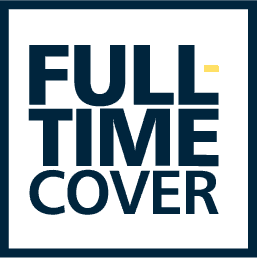These are challenging times and call for out the box thinking. Be demanding with your insurer to come to fair conclusions:
1. Automatic Extension of Renewal Dates
Potentially having automatic extension to renewal dates, due to the practicalities of negotiating/ renewing a policy on time with all of the disruption from Coronavirus. A minimum three months is sought. This way no lapse in cover
2. Payment Holidays
Requesting insurers to offer payment holidays on instalment facilities or extended credit terms/ staged instalment plan to broker/client to assist cashflow if asked.
3. Renewal Pricing
For insurers to invite renewal terms at expiring rates.
4. Return Premium
In the event of closure, ask insurers for return premium pro rata for duration your venue is closed.
Building Owners
5. Unoccupied property
For insurers not to invoke unoccupied property clauses due to restaurant being vacant. This is very important to highlight in case of prolonged closures an event such as fire happening on the premises.
6. Damage cover
Some underwriters may, if a policy does not have a contamination exclusion, consider damage to have occurred if a business could prove (ie through swab tests) that the virus was present and the premises had to close for a deep-clean. This may trigger the business interruption part of the policy. However, proving such a claim would be very difficult.
Business interruption
7.
N.B. The Government’s declaration of COVID-19 as a notifiable disease does not mean it is covered under an insurers’ wording.
However, larger firms and multi site operators may have purchased an extension to their cover for closure due to any disease. In this instance, enforced closure will trigger a claim, so check with your insurer.
A policy may be extended to cover Denial of Access including infectious diseases. Such extensions will be subject to insurers’ different terms and conditions.
In other policies (though less common) there might be unspecified infectious disease cover where the insurers do not specify the diseases covered. This is more likely to be present in hotel, restaurant and supermarket risks.
Where there is cover (named or unspecified) and the businesses, trade or operation incurs a loss resulting from interruption of/interference with business at the premises due to an outbreak of an infectious disease, then the policy may respond.
